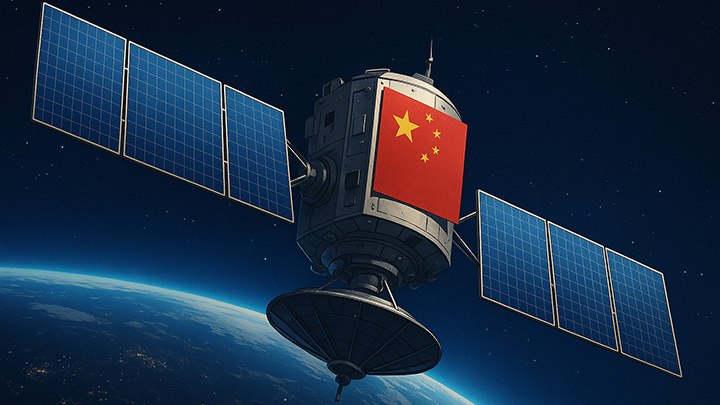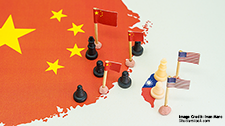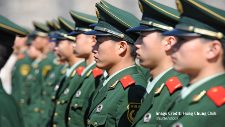China’s Military-Civil Fusion in Space: Strategic Transformations and Implications for Europe

Fatoumata Diallo
Key takeaways
- China’s Military-Civil Fusion (MCF) strategy is a multi-purpose tool to enhance national power, accelerate technological innovation, and drive industrial and economic development.
- MCF has reshaped China’s space sector, driving rapid innovation and fostering the rise of private commercial space actors aligned with national security and industrial goals.
- Europe has already been outpaced by both China and the U.S. in key space capabilities, weakening its defense posture and reducing its strategic influence in a domain that is increasingly shaping the broader geopolitical balance.
- Without credible capabilities, the EU risks being sidelined from setting the rules and standards in the space domain, limiting its ability to defend strategic interests and values.
- Dependence on U.S. space providers challenges the EU’s strategic autonomy, undermining secure, independent access to space, at a time of growing uncertainty over the future of the transatlantic security alliance.
- Drawing lessons from China’s model, the EU must accelerate innovation and better mobilize its private space sector to secure a competitive and autonomous position the global space race.


